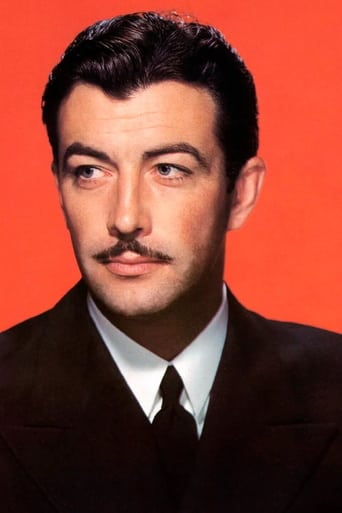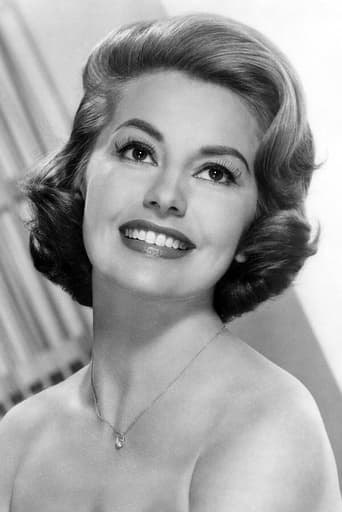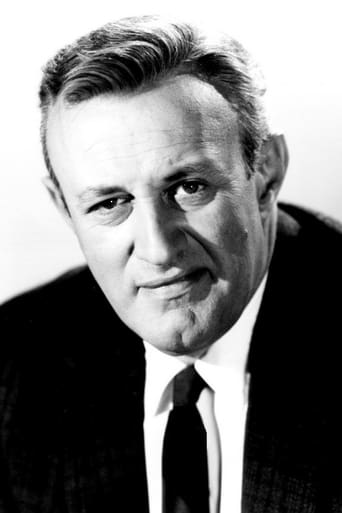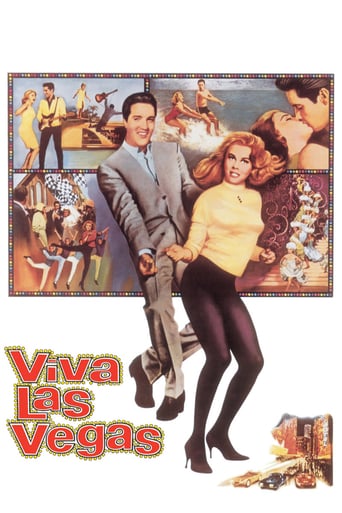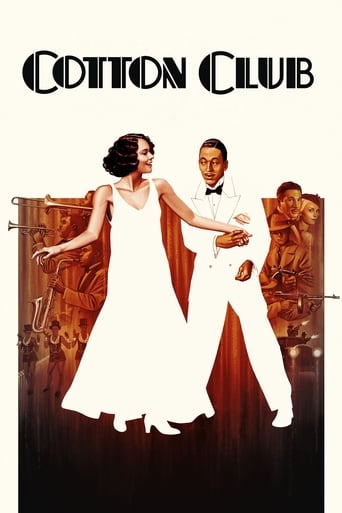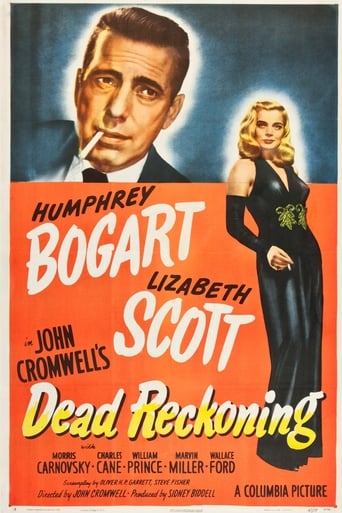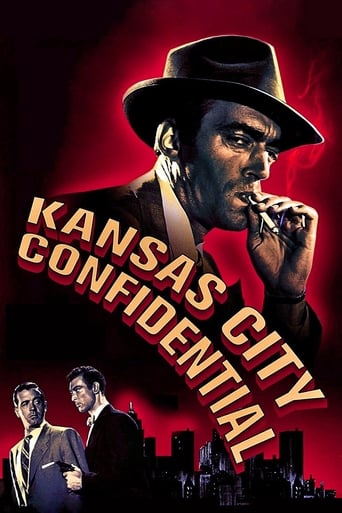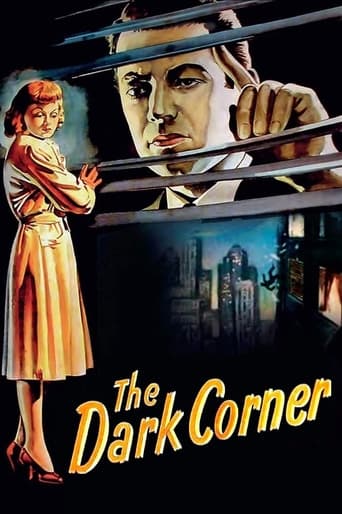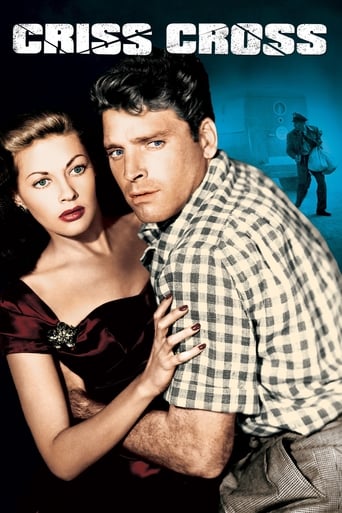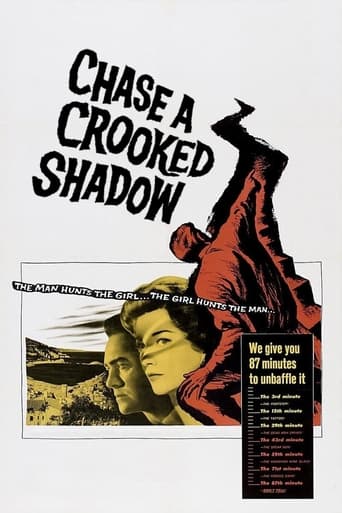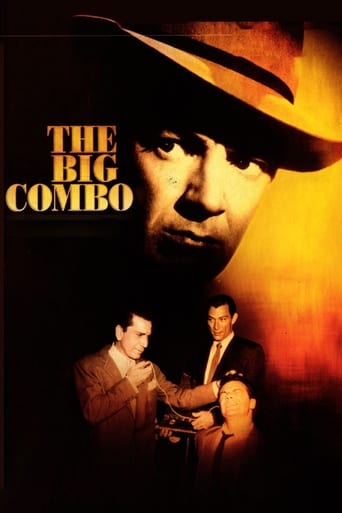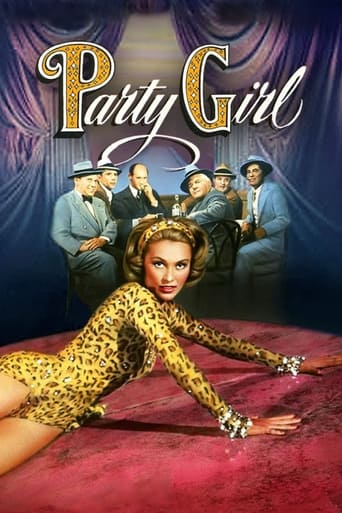
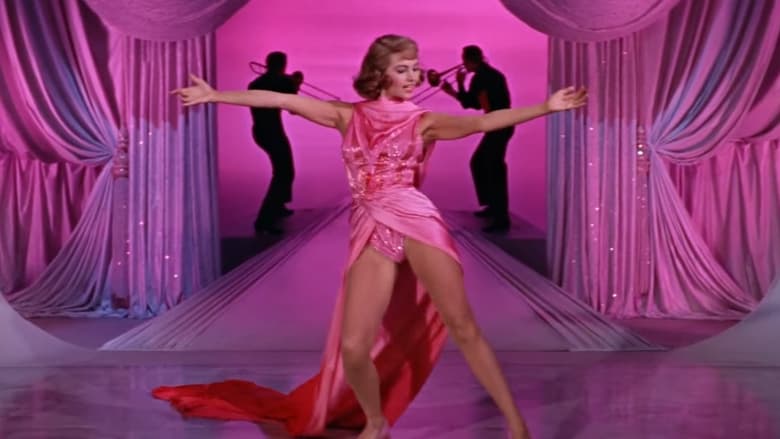
Party Girl (1958)
Slick lawyer Thomas Farrell has made a career of defending mobsters in trials. It's not until he meets a lovely showgirl at a mob party that he realizes that there's more to life than winning trials. Farrell tries to quit the racket, but mob boss Rico Angelo threatens to hurt the showgirl if Farrell leaves him.
Watch Trailer
Cast


Similar titles
Reviews
I guess I saw this when it was released in 1958 because I seemed to remember Robert Taylor and his cane, and Lee J. Cobb clobbering somebody over the head with a gold-plated miniature baseball bat or whatever it was. The sudden eruption of violence in that scene was shocking at the time. It's since been imitated in, oh, "The Untouchables." And there's a similar scene in "Some Like It Hot." Seeing it now is something of a disappointment. Everything about the movie seems encrusted with time. I know it was directed by Nicholas Ray and I know he directed "They Live By Night", which was a nearly perfect snapshot of the time. That's precisely where this film fails -- fails distractingly.The titles tell us "Chicago: The Early 1930s." Yet what we see on screen is Hollywood: 1958. It's all splashy and colorful, and the city might as well be Caracas, Venezuela for all the local color we get. The men have slicked-backed hair, wear single-breasted powder blue suits with broad shoulders. Nobody wears a hat. Whatever appeal Robert Taylor has for women eludes me entirely. He's dark, corrugated, and scowls constantly. Well, sometimes he tries to laugh and one hears the creaking of long unused facial muscles.The ladies wear gaudy crimson gowns and costumes from a stage show, and their hair is Sidney Guilaroffed to a turn. No festoons of necklaces, no waistless dresses without boobs. Not a cloche hat in sight but plenty of bare legs. That brings us to Cyd Charisse with whom I am deeply in love, at least with her oh-so-supple undercarriage. She's beautiful and her acting talent is modest. She's a dancer, an extremely demanding profession, and she doesn't get to stretch her chops here except in two numbers, miserably choreographed, that don't do justice to her talent.The plot follows a familiar formula. You know the one about the gunfighter who tries to hang up his gunbelt but circumstances draw him back into another encounter? This is it.
Nice to see that David Opatoshu and Lee J. Cobb were in this film. 2 years later they would star as brothers on a different path in the wonderful "Exodus."Eleven years before, Kent Smith and John Ireland both gave wonderful support in the winning "All the King's Men." In this one, Ireland is a hard-nosed gangster under Cobb's thumb and Smith is a prosecuting attorney, very much different from his usual bland roles.The film stars Robert Taylor and Syd Charisse as two people caught up with gangster Rico, Cobb. Taylor is his mouth piece and Charisse, the dancer with whom Taylor links up and they eventually try to rid themselves of Rico, but are caught up by threats, intimidation and general violence, conducive for the 1930s Chicago setting.It's basically the old story of trying to reform and start anew, and it is done quite well.
Tommy Farrell is a leading criminal lawyer in Prohibition-era Chicago who specialises in defending gangsters. He has a particularly close relationship with leading Mafia boss Rico Angelo, loosely based on Al Capone. Farrell's practice is a lucrative one, but when he falls in love with Vicki Gaye, a beautiful showgirl, he tries to cut his ties to organised crime. Angelo, however, is not a man to take "no" for an answer, and Farrell quickly realises that by leaving the racket he could be placing both Vicki and himself in danger.That sounds like the plot of a standard film noir. "Party Girl", however, does not really fit into that category. For a start it was filmed in colour, which makes it unusual among fifties crime dramas and rules it out from being considered as film noir. The use of low-key black-and-white photography is generally regarded as an essential noir characteristic, and director Nicholas Ray had earlier made a number of successful films of this type, most notably "In a Lonely Place", but in the later part of his career he became known for his skillful use of colour in films like "Johnny Guitar". Vicki's profession is used as an excuse to introduce extended dance sequences of a type not normally associated with serious crime drama and more reminiscent of scenes from musicals such as "Singin' in the Rain" or "Silk Stockings", both of which also starred Cyd Charisse. Even the title "Party Girl" seems more suited to a comedy than to a serious drama.As a crime drama the film is nothing out of the ordinary, certainly not in the same class as "In a Lonely Place" or Ray's great melodrama, "Rebel without a Cause". Lee J. Cobb as Angelo makes an effective villain, as he normally did, but Robert Taylor is rather staid as Farrell. As for Charisse, although she was one of the most beautiful actresses in the Hollywood of the 1950s, few people would have regarded her as one of the most talented, and she doesn't do a lot here to contradict that opinion. Except, of course, in dance sequences, where she gets the chance to show yet again that although her acting skills may have been limited, there were few leading ladies of the period who could dance so well or who could look so sexy while doing so.It is, in fact, these scenes which make "Party Girl" still watchable today; they were not only those superbly choreographed but also superbly photographed, allowing Ray to make good use of his gift for colour. He is generally associated with serious films, but on the evidence of this one he could perhaps also have had a career as the director of more light-hearted fare. 6/10
Nobody could do musicals as well as MGM. Same with costume dramas and period pieces. But when it came to gangster films and westerns, MGM's obsession with production values and movie stars was no asset. In short, the studio over-produced its entries in these two genres that are spare and gritty by nature. Party Girl is a perfect example. For a gangster film, it's glamorized to a fault, from the candy- box colors to Charisse's elaborate wardrobe to the super clean sets to the parade of beautiful people (especially the chorines). And not even the two veteran heavies, Cobb and Ireland, can compensate. Thus, what should be explosive gangster grit turns instead into squishy studio eye-candy.But then no one can fault Robert Taylor for not trying. He's deadly earnest throughout as the crippled mob lawyer, but it's about as glum a leading-man portrayal as I have seen. Nonetheless, that's okay since we understand why he's so glum, being crippled and indentured to the mob. The trouble is that it puts a boring one-note performance in the movie's center—just count his changes of expression or even a smile. Charisse, of course, is a real treat for the guys, but no actress even though she too strives gamely. At the same time, the usually reliable Lee Cobb mails in one of his patented loud-mouth portrayals as the voluble mob boss. Still, I'm with the critic who wanted to see more of Corey Allen (Cookie) whose edgy hoodlum provides what the movie needs.Then too, I see nothing of the great director Nick Ray in the results, except maybe for one scene. That's where Angelo (Cobb) presents an award in highly unusual fashion before a banquet assemblage, a noisy El-train in the background indicating the trouble ahead. Then the violence comes like a bolt of lightning, a real stunner almost worth the whole movie. Otherwise, it looks to me like Ray was hemmed in by casting and scripting, and took the unfinished project (Bob Wise started it) as a payday.However that may be, MGM could have wisely gone the Funny Girl (1968) route and done a musical with underworld overtones instead of vice-versa. After all, musicals were the studio's specialty. Because, for all the talent involved, the Party Girl mix just doesn't gel.


